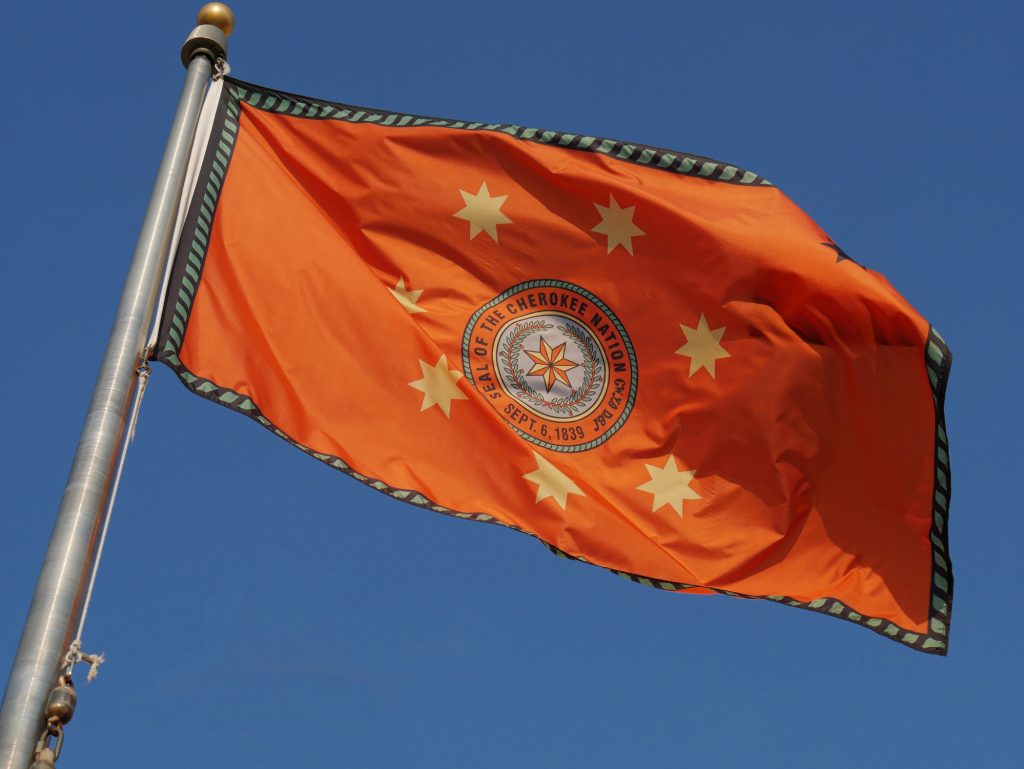
U.S. Senator Brian Schatz (D-Hawai‘i), chairman of the Senate Committee on Indian Affairs, and U.S. Senator Lisa Murkowski (R-Alaska), vice chair of the committee, have introduced the Durbin Feeling Native American Languages Act of 2021. This bipartisan legislation marks the 30th anniversary of the Native American Languages Act by ensuring federal efforts meet the goal of respecting and supporting the use of Native languages. “Congress made a commitment to promote and protect the rights of Native Americans to use their languages over three decades ago when it enacted the Native American Languages Act of 1990,” said Schatz. “The Durbin Feeling Native American Languages Act will ensure we are living up to that commitment. Our bill will make the federal government more accountable by setting clear goals and asking for direct input from Native communities about how federal resources can be more effectively used to support and revitalize Native languages.”
“I am proud to again join as co-lead in introducing a bill that works to protect Native languages. Our bill will improve interagency coordination and require a survey of federal programs on their work involving Native languages,” said Murkowski. “With these efforts, Native communities across the country can continue revitalizing and protecting their identity through language. For Indigenous peoples, Native languages are foundational to identity and culture and I will continue supporting policies that help maintain and revitalize Native languages.”
The bill, named after Durbin Feeling, who has been referred to as the nation’s “single largest contributor to the Cherokee language since Sequoyah,” would review and make recommendations to improve federal agencies’ coordination in support of Native American languages. It would also authorize a federal survey of Native language use and programmatic needs every five years. These surveys would serve as “health checks” to allow Native communities and Congress to target federal resources for Native American languages more effectively. The bill is supported by the Joint National Committee for Languages–National Council for Languages and International Studies (JNCL–NCLIS), National Congress of American Indians, National Indian Education Association (NIEA), National Coalition of Native American Language Schools and Programs (NCNALSP), and the Cherokee Nation. Diana Cournoyer, NIEA executive director, welcomed the move: “Native languages are fundamental to the First American nations, histories, cultures, and traditions. NIEA is thrilled to support legislation that will advance critical resources to assess the current national landscape for Native language revitalization, uphold the federal trust responsibility, and expand sovereignty in Native language education.”
Amanda Seewald, president of JNCL–NCLIS, commented, “The information gathered by engaging Native American communities and Congress will better inform our ongoing advocacy to sustain and revitalize Native American languages and fulfill the promise of NALA across the nation. The coordination directed by the Durbin Feeling Native American Languages Act is necessary to ensure equitable availability and access to resources to empower the learners, teachers, and speakers of Native American languages for generations to come.”
Leslie Harper, NCNALSP president, added, “Native American language revitalization efforts are a complex weaving of strategies to build living, thriving languages. Data collection is a critical strategy to map changes as we move toward healthy language futures. Just as there are hundreds of unique Native American languages across the country, there are many unique stages of action across the wide field of Native American language revitalization. The Durbin Feeling Native American Languages Act can provide an opportunity for local settings to link strategies to actions and ensure that Congress delivers resources to the areas that Native American language revitalizers tell us are needed. NCNALSP appreciates the prioritization of Native American language revitalization initiatives and we look forward to working with members to support this bill’s passage.”
“Today only about 2,000 people can speak Cherokee fluently. Preserving and revitalizing the Cherokee language rank among my highest responsibilities. For decades, Durbin Feeling led the effort to not only save and preserve the Cherokee language but breathe new life into the Cherokee language. We owe it to Durbin’s legacy to carry on his work and continue to advocate for Native language revitalization efforts,” concluded Chuck Hoskin Jr., principal chief of the Cherokee Nation.





